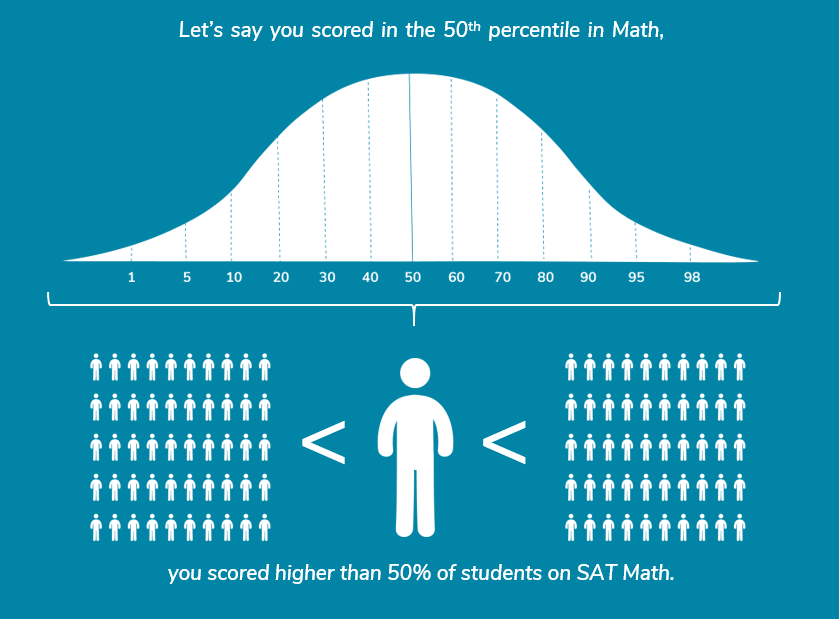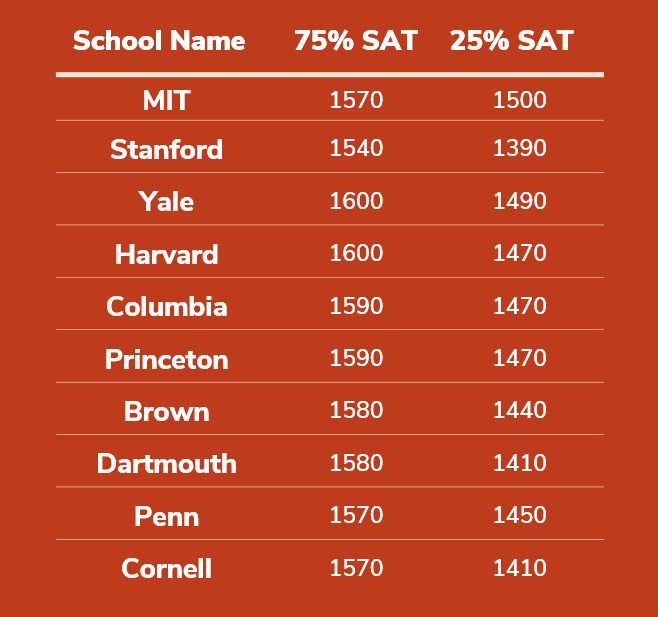As dozens of U.S. schools dropped their ACT and SAT requirements, and many more are in the pipeline, is it the time for us to say goodbye to the SAT prep books? What are the major changes to the SAT this year in response to the coronavirus pandemic? What are the SAT score percentiles? And what is the good SAT score to apply to top colleges?
These are the common questions that we often receive from our families and students. So here you are, in this article, we put together an SAT FAQ section to have all your SAT questions answered. If you can’t find your questions here, let us know by commenting below!















